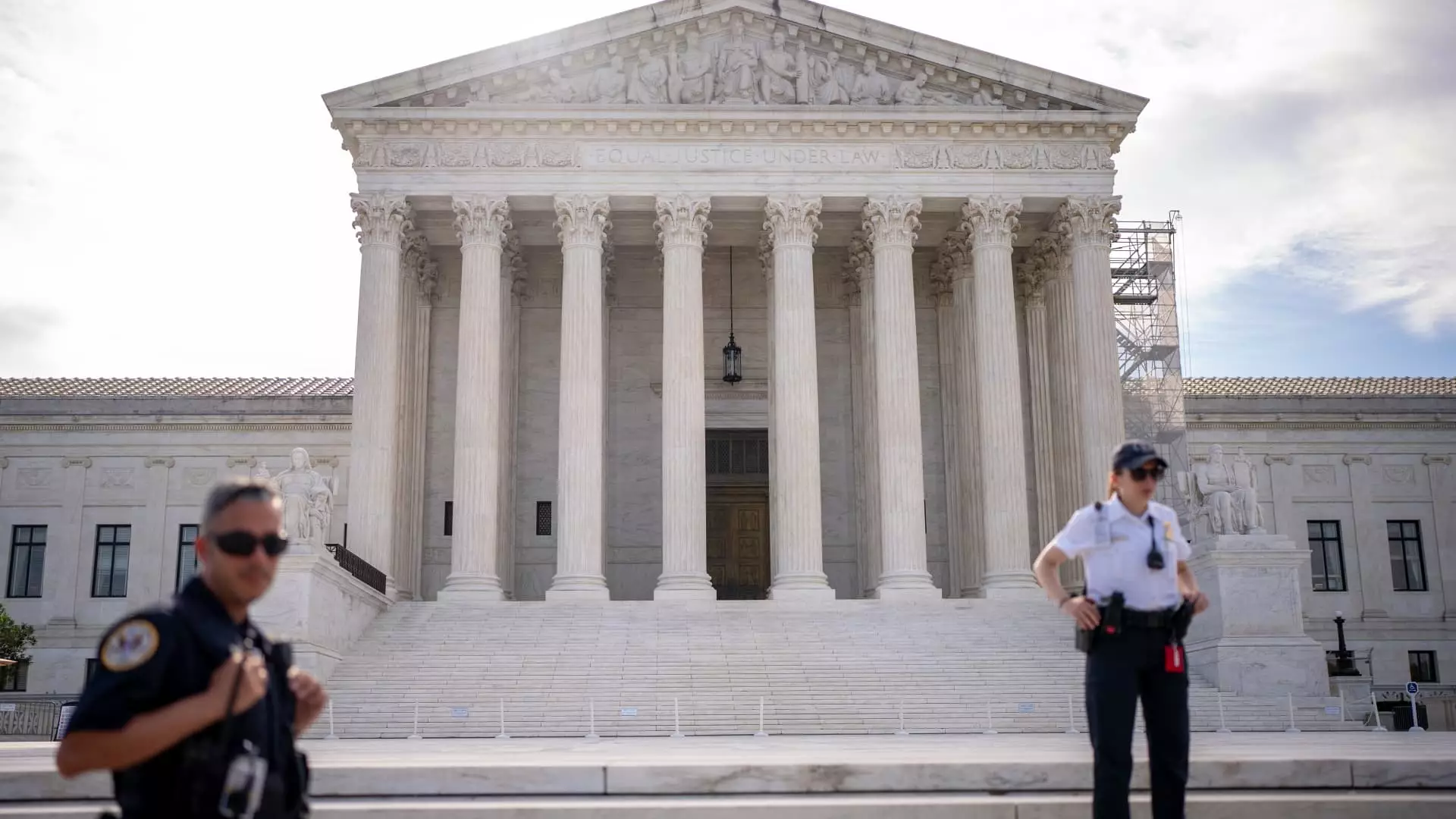The Supreme Court recently made a decision in the case of Moore v. United States, upholding a federal tax on certain foreign investments. This ruling brought up questions about the constitutionality of a potential wealth tax. The case centered around a Washington state couple who were taxed on income from an investment in an India-based company that did not distribute dividends. The couple faced a one-time levy on earnings and profits in foreign entities due to the “mandatory repatriation tax.”
While the Supreme Court upheld the tax in the Moore case, they did not delve into the broader discussion of whether a wealth tax is constitutional. Justice Brett Kavanaugh, in the majority opinion, emphasized the limited scope of the decision, stating that it only addressed the specific circumstances of the Moore’s case. However, some experts believe that this ruling could have implications for future wealth tax proposals that aim to tax “unrealized gains” or profitable assets that have not been sold.
There are concerns that the Supreme Court’s decision in the Moore case could impact domestic stockholders who may face imputed income from corporations that do not issue dividends. While the opinion referred to the Moore’s income realization as similar to other pass-through taxes on foreign companies, it did not provide clarity on whether realization is necessary for income tax purposes. This ambiguity leaves room for speculation and uncertainty in the tax landscape.
Prior to the Supreme Court’s ruling in the Moore case, there were already powerful constitutional arguments against a wealth tax. Some experts view the wealth tax discussion as a distraction from the broader issues at hand. The ruling did not provide a definitive stance on the constitutionality of a wealth tax, leading to ongoing debates and uncertainties regarding taxing structures for profitable assets and unrealized gains.
The Supreme Court’s decision in the Moore case has raised questions about the constitutionality of a wealth tax, while also leaving room for further interpretation and discussion on the taxation of foreign investments and profitable assets. The implications of this ruling may have far-reaching effects on the tax landscape, prompting continued debate and scrutiny on the issue of wealth taxation.

